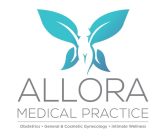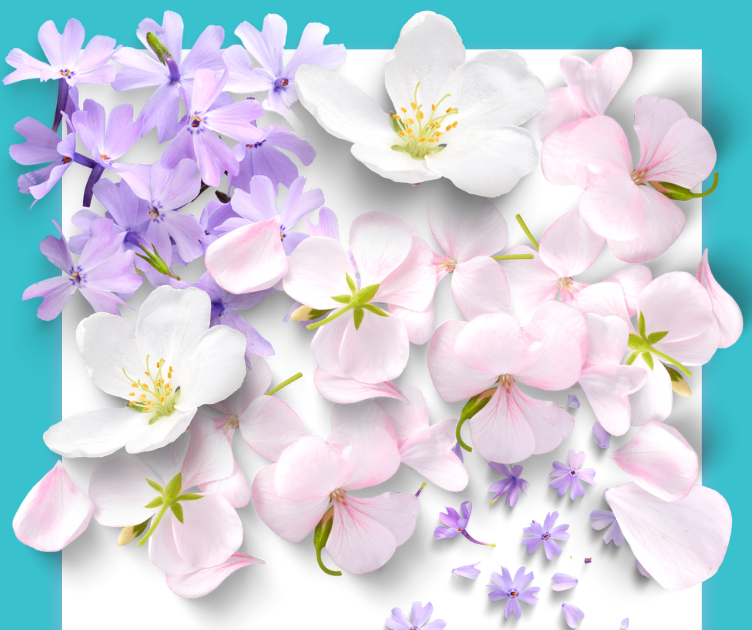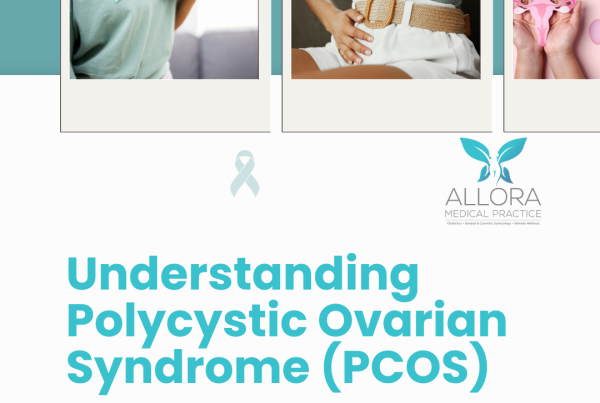Maintaining proper feminine hygiene is crucial for health and comfort, but not all products marketed as “feminine hygiene” are actually beneficial. Here’s a guide to eight products that are best avoided for optimal vaginal health.
While consuming yogurt may be beneficial for overall health due to its probiotics, inserting yogurt into the vagina is not recommended. Studies suggest that eating yogurt can help increase the amount of lactobacilli (beneficial bacteria) in the vagina, but applying yogurt directly does not provide any additional benefit and may cause irritation or infections.
2. Garlic and Other Food Products
Inserting garlic, ginger, or any other food product into the vagina is not a good practice. Although some claim that these foods have health benefits, they can disrupt the natural balance of bacteria and cause irritation or infections. Stick to consuming these foods rather than using them for internal hygiene.
Yoni products, often marketed for their purported benefits like improving fertility or treating menstrual issues, are not recommended. These products promise too much and lack scientific support for their claims. They can disrupt the natural balance of the vaginal flora and cause more harm than good.
Boric acid is sometimes used for treating bacterial vaginosis, but it is not a safe or recommended option for routine feminine hygiene. Boric acid can cause irritation and other adverse effects. There are more effective and safer treatments available for vaginal infections.
Despite being marketed as a convenient option for freshening up, feminine wipes often contain fragrances, essential oils, and other chemicals that can irritate the sensitive skin of the vulva. These products can disrupt the natural pH balance and cause infections or dryness. It’s best to avoid them and opt for gentle, unscented options if necessary.
Cultural practices sometimes involve using smoke for vaginal health, but this method is unsafe. Smoke contains harmful substances, including carbon monoxide, which can be carcinogenic. It’s important to avoid smoke-based treatments and seek safer alternatives for vaginal care.
Talcum powder, commonly used in baby powders and other products, has been linked to an increased risk of ovarian cancer. Although some antifungal powders may be prescribed by a healthcare provider for short-term use, talcum powder should be avoided in feminine hygiene practices due to its potential health risks.
Douching involves spraying a liquid into the vagina, which can disrupt the natural pH balance and lead to infections. Douching is not recommended as it can alter the vaginal environment and make it more susceptible to harmful bacteria. The vagina is self-cleaning, and douching can do more harm than good.
Proper feminine hygiene involves understanding what products and practices are truly beneficial for your health. Avoiding the above products can help maintain a healthy vaginal environment and prevent discomfort or infections. For personalized advice and effective hygiene practices, consult with a healthcare provider.
For more information on maintaining vaginal health and cleaning the vulva, follow us on our social media platforms.
Thank you for reading, and take care of your health!




